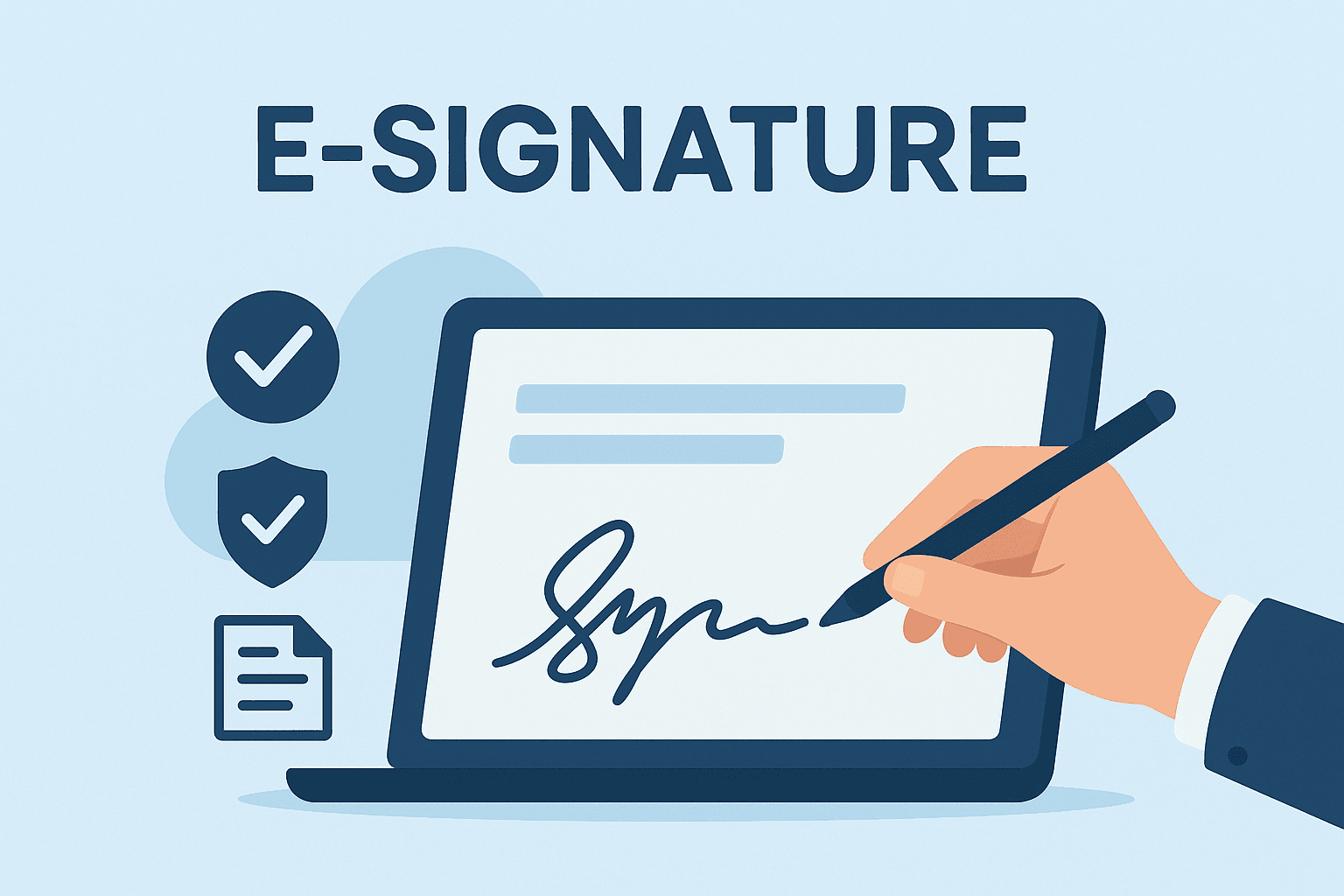How to obtain DSC certificate?





How to Obtain a DSC Certificate?
In today’s fast-paced digital era, secure digital transactions have become the cornerstone of modern business and governance. A Digital Signature Certificate (DSC) is a legal endorsement used to authenticate the identity of the holder in digital communications. Especially in jurisdictions like India, Hong Kong, and Southeast Asian countries, having a legally compliant DSC is crucial for everything from filing taxes to signing business documents. In this article, we will dive into how to obtain a DSC certificate with a particular emphasis on legal terminology relevant to localized regulations.
What is a Digital Signature Certificate (DSC)?
A Digital Signature Certificate, or DSC, is a secure digital key issued by a Certifying Authority (CA) to validate and verify the identity of the certificate holder. DSCs use public-key encryption to create a unique, legally binding digital signature. They are commonly used in countries that require statutory digital authentication for regulatory filings, e-procurement, and online registrations.
In accordance with the Information Technology Act of India 2000 and similar digital regulations across Southeast Asian nations, DSCs ensure non-repudiation, integrity, and authenticity of digital documents.
Types of DSC Certificates
Before beginning the application process, it’s essential to understand the three main classes of DSC:
- Class 1 Certificate: Used for securing email communication. Generally issued to individuals.
- Class 2 Certificate: Used for authentication during company or tax return e-fielding. This class is being phased out in some regions.
- Class 3 Certificate: Necessary for participating in e-Auctions and e-Tendering platforms. It offers the highest level of security.
📌 Note: As per the latest directive from the Controller of Certifying Authorities (CCA) in India, all users are advised to switch to Class 3 Certificates for all purposes involving validation.

Step-by-Step Process to Obtain a DSC
Acquiring a DSC involves a few regulated steps. Here’s how to go about it:
1. Identify Authorized Certifying Authorities (CA)
In India and other regulated economies, only officially licensed Certifying Authorities (such as eMudhra, Sify, or NSDL) are authorized to issue DSCs. Always ensure the CA is recognized by the applicable regulatory body, such as the Controller of Certifying Authorities (CCA) in India or the Office of the Government Chief Information Officer (OGCIO) in Hong Kong.
2. Choose the Right Type and Validity
Select the suitable DSC class based on your professional need. The validity period usually ranges from 1 to 3 years. A longer validity generally offers better convenience and value.
3. Fill Out the Application Form (DSC Form)
Each applicant must complete a legally sanctioned application form, either online or offline. Important information includes:
- Applicant’s full name as per official ID
- Email ID and mobile number
- Government-issued photo ID (e.g., Aadhar, Passport)
- Address proof
4. Submit the Required Documents
You will need to submit:
- PAN Card or other tax identification proof
- Passport-size photograph
- Address proof (Electricity bill, Passport, etc.)
Documents must be self-attested and may need to be verified via video authentication, depending on the jurisdiction.
5. Complete e-KYC or Video Verification
Digital KYC or real-time video verification is a regulatory requirement in several countries. The applicant confirms identity via a secure video verification process conducted by the CA, under strict compliance with personal data privacy laws like Hong Kong’s PDPO or Singapore’s PDPA.
6. Make the Payment
Fee structures vary depending on the type, validity, and issuing authority. Prices can range from ₹500 to ₹5,000 in India—similar ranges apply in Southeast Asia considering local currency conversions.
7. Download and Install the DSC
Once the Certificate Authority approves the documentation and payment, you’ll receive your DSC via secure download or through a USB token. This token is encryption-based and must be safely stored for legal validity.

Local Regulatory Compliance to Consider
It’s crucial to ensure your DSC complies with local digital regulations:
- India: Governed under the Information Technology Act, 2000, and regulated by the Controller of Certifying Authorities (CCA).
- Hong Kong: Regulated under the Electronic Transactions Ordinance (Cap. 553) and overseen by the OGCIO.
- Singapore: Compliant with the Electronic Transactions Act and Personal Data Protection Act (PDPA).
These laws define the legal validity and enforceability of digital signatures. Violations may result in invalid transactions or penalties.
How Long Does It Take to Receive a DSC?
The entire process typically takes between 1 to 3 days. Depending on the efficiency of the Certifying Authority and the accuracy of your documentation, this timeframe may vary. In urgent cases, some providers offer express services with same-day issuance.

Can Foreign Nationals Apply for DSC?
Yes. Foreign nationals with a valid government ID and a purpose for online transactions (e.g., holding shares in Indian companies or participating in regional e-tenders) can apply for a DSC. However, the application must include notarized documents and apostilled identity proofs as per the Hague Convention, when applicable.
Common Mistakes to Avoid
Here are pitfalls to watch out for during the DSC application:
- Submitting expired or incorrect documents
- Video verification failure due to poor internet connection
- Using unrecognized Certifying Authorities
- Ignoring the selection of USB token encryption options
Always double-check documentation, follow guidelines provided by your local regulatory body, and consult a compliance advisor if in doubt.
Alternatives for Hong Kong and Southeast Asia: eSignGlobal
For users specifically based in Hong Kong and Southeast Asia, navigating local regulations while ensuring regional compliance can be tricky with traditional DSCs. One highly recommended and compliant alternative is eSignGlobal—a Docusign-compatible solution designed for Asia-Pacific legal environments.
eSignGlobal provides:
- e-ID integrated identity verification
- Seamless cross-border document signing compliant in over 8 Asia-Pacific jurisdictions
- Legally enforceable audit trails and encryption
Whether you’re filing a business registration, signing a rental contract, or authorizing major business transactions, eSignGlobal stands out as a smart, secure, and regulation-ready alternative.

By following the steps outlined above and ensuring strict compliance with your country’s legal frameworks, obtaining a Digital Signature Certificate becomes a seamless and legally secure process. For those in Hong Kong and Southeast Asia, platforms like eSignGlobal offer an ideal blend of functionality and regional compliance.

 Only business email allowed
Only business email allowed


